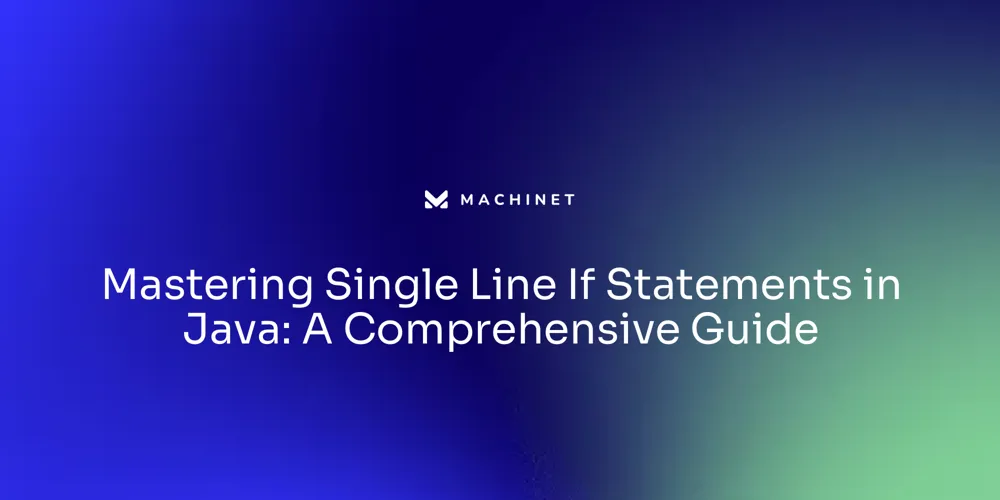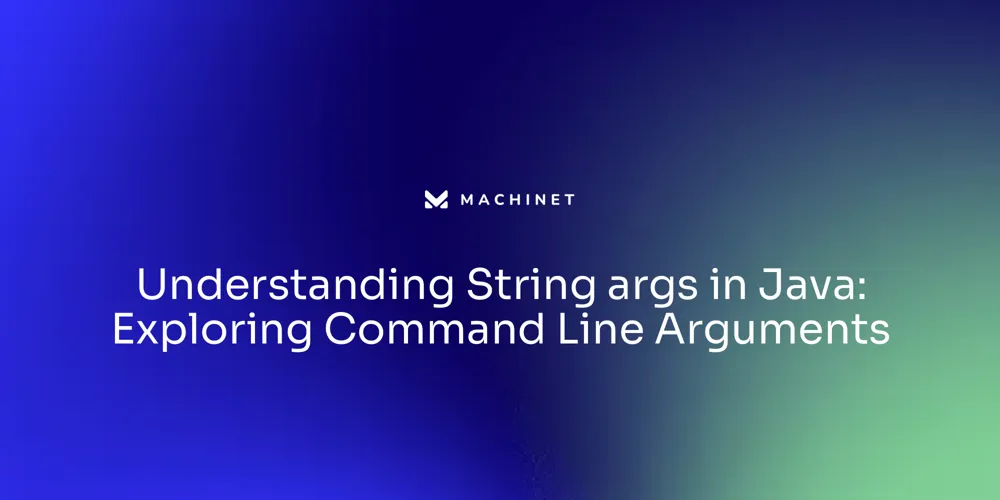
Table of Contents
- Understanding the 'public' Access Modifier
- The Role of 'static' in Java Methods
- Understanding 'void' Methods
Introduction
Java's 'public' access modifier is a crucial aspect of the language that determines the visibility and accessibility of classes, methods, and variables. It plays a pivotal role in ensuring the interoperability of various components in a Java application. In this article, we will explore the significance of the 'public' access modifier and its implications for developers.
We will also discuss other important keywords in Java, such as 'static' and 'void', and their roles in enhancing code readability and efficiency. Additionally, we will delve into the ongoing developments in the Java ecosystem and the importance of staying informed about the latest releases and practices. Join us as we explore the world of Java programming and its evolving landscape.
Understanding the 'public' Access Modifier
Java's 'public' access modifier plays a pivotal role in determining the visibility and accessibility of classes, methods, and variables across different classes and packages. For instance, when a method is declared as 'public', it becomes accessible to any class, which is crucial for the interoperability of various components in a Java application.
The 'static' keyword, on the other hand, indicates that a method belongs to the class itself rather than to instances of the class, allowing it to be called without creating an object of the class. The 'void' keyword signifies that the method does not return any value.
Understanding these keywords is essential for Java developers, especially when dealing with serialization, where the correct handling of object streams is critical for application security. Recent cases have highlighted the importance of secure serialization practices.
For example, a vulnerability in Google Web Toolkit's (GWT) serialization mechanism remained unpatched for years, exposing applications to potential server-side code execution attacks. This vulnerability stemmed from GWT's unique serialization pattern, which deviates from the Java standard format by beginning the stream with an integer representing the number of fields, followed by a string for each field name and an object for the field value. In light of ongoing developments in the Java ecosystem, it's clear that developers must stay informed about the latest releases and practices. With regular updates, such as the anticipated inclusion of Jakarta Data 1.0.0 in Jakarta EE 11 and the release of Hibernate Reactive 2.0.3.Final, the Java community continues to evolve, offering new methods and functionalities to enhance the robustness and security of Java applications. As Sharat Chander from Oracle noted, it is the collective effort of the community that keeps Java vibrant, underscoring the significance of each contribution to the language's advancement.
The Role of 'static' in Java Methods
In Java, the keyword 'static' signifies that a particular member belongs to a class, rather than to instances of the class. This means that static methods and variables can be invoked or accessed directly by the class name, bypassing the need for creating an object.
For example, a utility method that performs a calculation or a constant value that remains the same across all instances of the class would be a perfect candidate for being static. A static method can be particularly useful when dealing with operations that do not require any data from object instances, promoting a clean and efficient way to access shared functionality.
The utility of static is not limited to methods; static variables also serve a critical role. They maintain a single, shared copy of a variable across all instances of a class.
This shared nature of static variables makes them ideal for tracking common properties or constants that should remain consistent, such as a counter for the number of objects created or a configuration setting. Furthermore, Java's evolving language features, such as those previewed in Java 20, demonstrate an ongoing commitment to flexibility and modernization. Java's release cadence, with updates every six months, allows developers to experiment with new features while providing feedback for future improvements. These previews are not permanent and may change based on real-world use and developer input, underscoring the importance of the community's role in shaping Java's evolution. Static members, while not subject to deprecation like APIs, remain a fundamental concept that continues to be relevant even as the language grows and adapts.
Understanding 'void' Methods
The Java programming language is designed with various keywords that help define the behavior of methods. The 'void' keyword, specifically, signifies that a method will perform an action but does not return any value.
This contrasts with other methods that must conclude with a 'return' statement, providing a specific value or object. For instance, pattern matching in Java allows for the binding of certain parts of a value to variables within a pattern if the value conforms to that pattern, enhancing code readability and intuitiveness.
Java's ongoing evolution is evident in the recent Java 21 release, where the traditional 'public static void main()' method, which serves as the entry point for Java applications, is no longer mandatory. This change aims to simplify Java coding, making it more accessible, especially to newcomers.
Reflecting on the vibrant Java community, Sharat Chander of Oracle highlighted the importance of the community's contributions to keeping Java technology advancing. Moreover, Java's adoption rates are telling of its robustness and appeal. Following Java 21's release, 1.4% of applications monitored by New Relic adopted it within six months, a significant increase compared to previous versions. This indicates a growing preference for newer, more streamlined Java versions in developing applications.
Conclusion
Java's 'public' access modifier is crucial for determining the visibility and accessibility of classes, methods, and variables in a Java application. The 'static' keyword indicates that a method belongs to the class itself and can be called without creating an object.
The 'void' keyword signifies that the method does not return any value. Understanding these keywords is essential for code readability and efficiency.
Proper handling of object streams in serialization is critical for application security. Staying informed about the latest releases and practices in the Java ecosystem is crucial.
Regular updates enhance the robustness and security of Java applications, with the collective effort of the community keeping Java vibrant. The 'static' keyword plays a critical role in indicating that a member belongs to a class rather than instances of it.
This promotes clean and efficient access to shared functionality. Java's ongoing evolution is evident through features like pattern matching and changes in entry point requirements for applications. These advancements aim to simplify coding and make Java more accessible. In conclusion, understanding the 'public', 'static', and 'void' keywords is essential for Java developers. Staying informed about ongoing developments ensures robust, secure, and modern Java applications. With its vibrant community and regular updates, Java continues to evolve and provide new functionalities to enhance programming efficiency.
Stay up-to-date with the latest advancements in Java to enhance your programming efficiency.
AI agent for developers
Boost your productivity with Mate. Easily connect your project, generate code, and debug smarter - all powered by AI.
Do you want to solve problems like this faster? Download Mate for free now.




